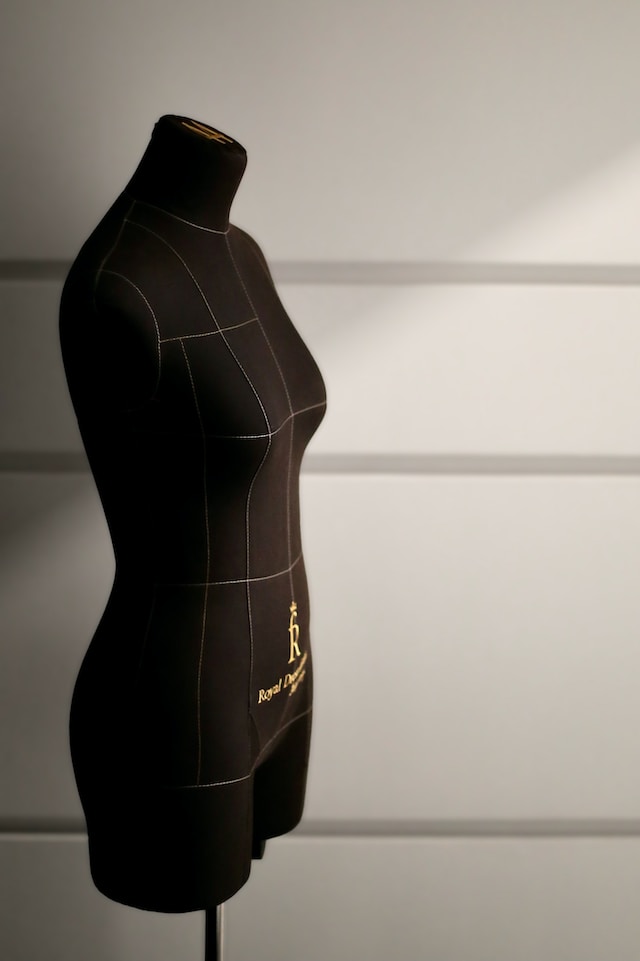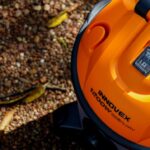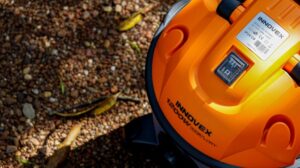
The Importance of Ethical Sourcing for Shapewear Fabric Suppliers
Many customers are interested in ethical practices to promote sustainable business practices. Aligning your products with these customers can increase your group’s total sourcing goals and enhance your brand’s credibility among those who value ethical products.
Ethical Sourcing
Ethical sourcing is an increasingly important part of the apparel manufacturing process. It can help fashion brands show their social and environmental responsibility and build consumer trust. Many consumers are now more aware of the impact that the clothing they purchase has on their communities and the environment. They are also increasingly willing to pay a premium for ethically sourced products.
It is vital for shapewear fabric suppliers to consider the entire supply chain when deciding which raw materials to use and how those materials will be made into the final product. This includes the raw materials themselves, the manufacturing process, and the packaging of the finished product. As a result, shapewear fabric suppliers need to prioritize ethical sourcing in their supply chain and implement best practices with their suppliers. These best practices can include encouraging and, in some cases mandating ethical sourcing. One of the biggest challenges many companies face when it comes to ethical sourcing is the fact that so many different raw materials are available on the market. While it is easy to choose the most convenient materials, choosing the wrong ones can negatively impact people’s health and the environment.
Environmental Impact
The environmental impact of the manufacturing process is important to many brands. Ethical sourcing practices can help reduce the production of polluting materials and chemicals, protect the environment, and improve human rights in supply chain areas. For example, organic cotton can help protect biodiversity and lower water and pesticide use. It can also prevent soil erosion, eutrophication and limit the spread of invasive species. In addition, it can help to increase soil fertility, protect the natural habitat, and improve air quality.
Man-made cellulosic fibers such as modal and rayon require vast amounts of rainforest logging and produce large amounts of toxic waste. The Rainforest Action Network estimates that deforestation for modal and rayon is causing the death of 120 million trees each year. On the other hand, polyester is a non-biodegradable fabric made from polyethylene, a toxic chemical harmful to human health. Companies are developing alternative fabrics made from recycled plastic bottles or other recyclable materials, making them a more eco-friendly option than conventional polyesters.
Transparency
Increasingly, consumers want to know the origins and production conditions of products. This is a growing trend that affects industries across the globe. For example, food companies have been under increased pressure to disclose information about ingredients, food fraud, and animal welfare. The fashion industry is no exception. Recent events such as the factory collapse in Bangladesh have heightened awareness of human rights abuses and the need for transparency. A lack of supply chain transparency enables abusive, unsafe working conditions and environmental damage to thrive while obscuring who has the responsibility and power to address them. Transparency is critical to ethical sourcing because it builds trust with customers and suppliers. It also makes a brand more accountable and increases its reputation in the eyes of consumers, labor rights advocates, and investors. It is vital for shapewear fabric suppliers to be transparent about their manufacturing processes and ensure that workers are paid fair wages, work in a safe and clean environment, and have legal work hours. This enables them to achieve higher sales and better customer satisfaction. It also helps them attract and retain top talent.
Cost
Ethical sourcing is costly, especially if you’re a small company. It’s time-consuming, difficult to manage, and may cost extra staff. But building a brand and selling ethical merchandise is worth the effort.
According to the Chartered Institute of Procurement and Supply (CIPS), a robust CSR program can help you attract better talent, reduce turnover, and improve customer satisfaction. Moreover, it can boost your reputation and give your brand a competitive edge. Consumers are becoming more aware of issues like sustainability and forced labor. They are also prepared to pay more for products and services that they recognize as having been sourced ethically. As a shapewear fabric supplier, you can expect your prices to rise, particularly when you have to cover increased material costs and other production costs such as warehousing or storage. However, you can offset this by adjusting your marketing mix and pricing to your target market’s expectations.
In Europe, the shapewear industry is growing thanks to technical innovation and sociocultural factors such as increased sports participation. It is expected that this will continue in the future as consumers’ attention to their physical appearance becomes more conscious. In addition to shapewear, activewear is becoming increasingly popular in Europe. This is due to increased health consciousness amongst all ages. It is also a result of technology trends, such as moisture-regulating solutions or anti-bacterial and anti-odor properties, which bring added health benefits to garments.


















